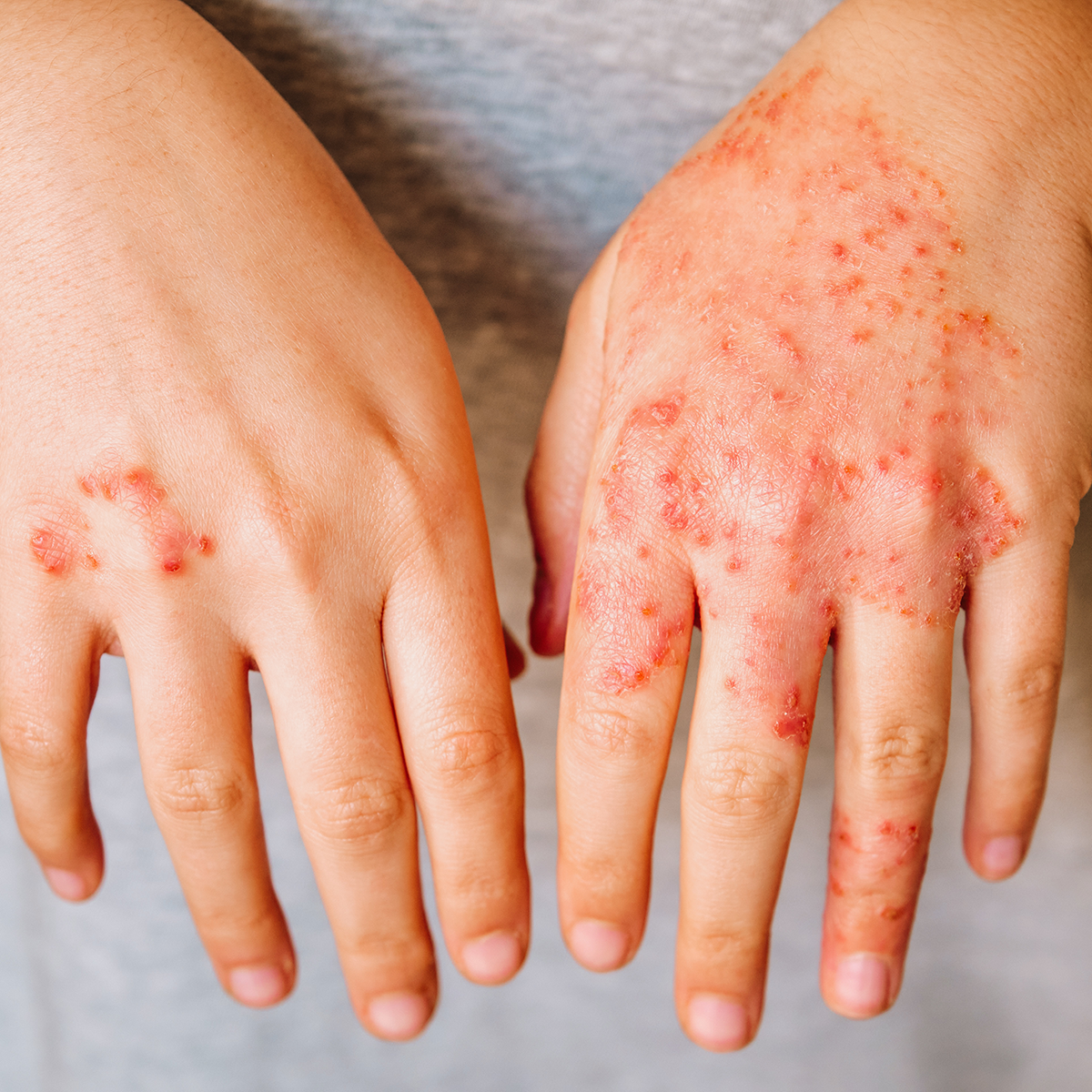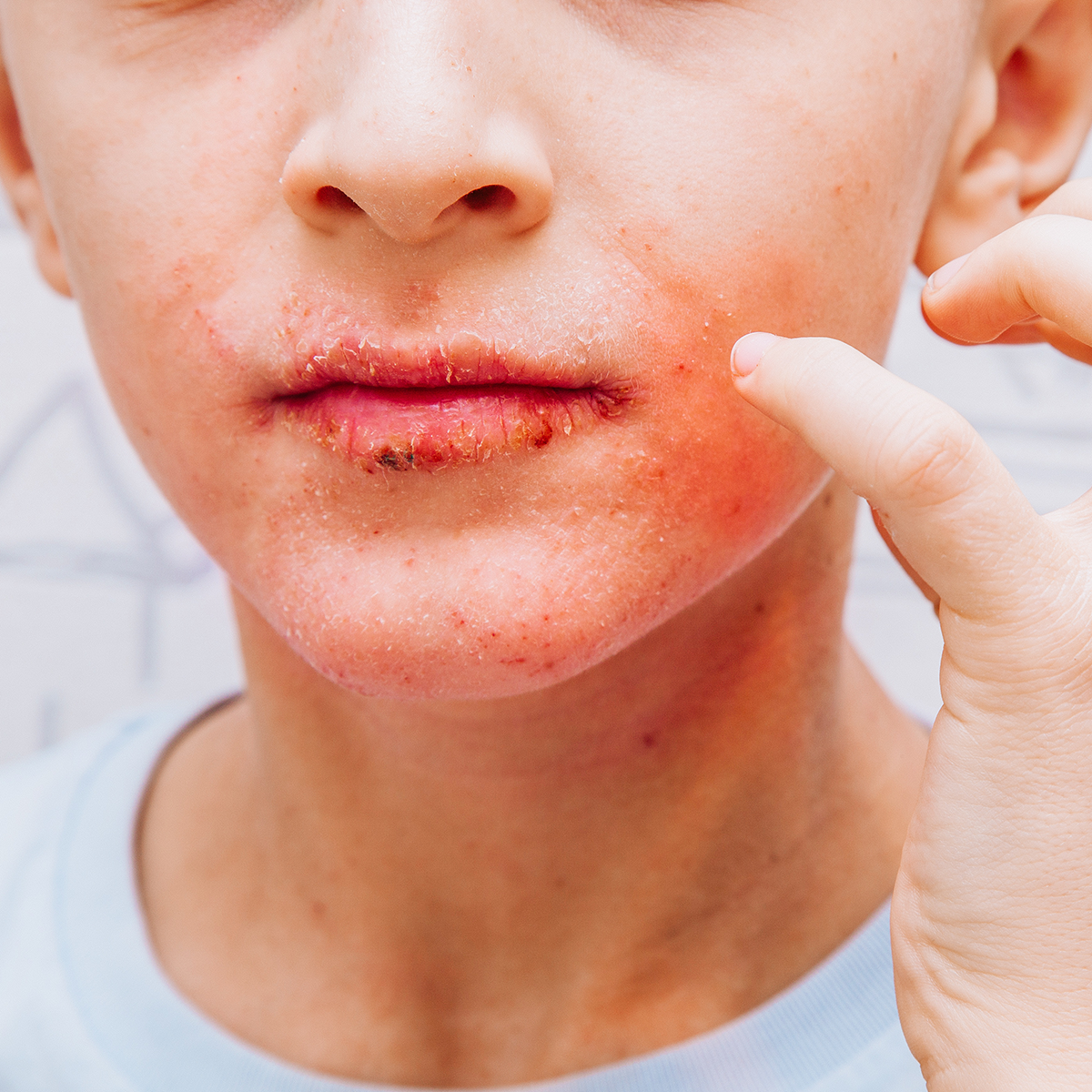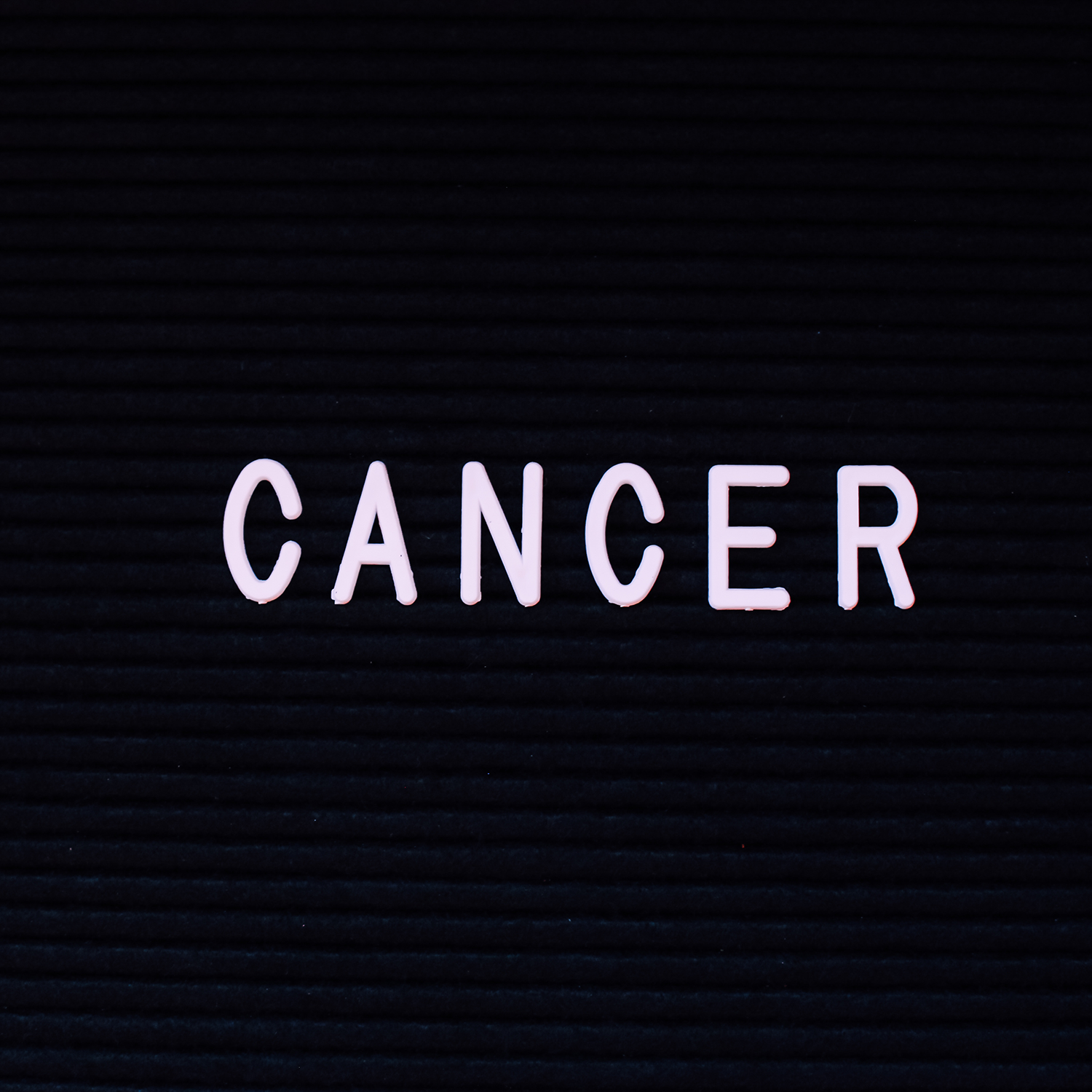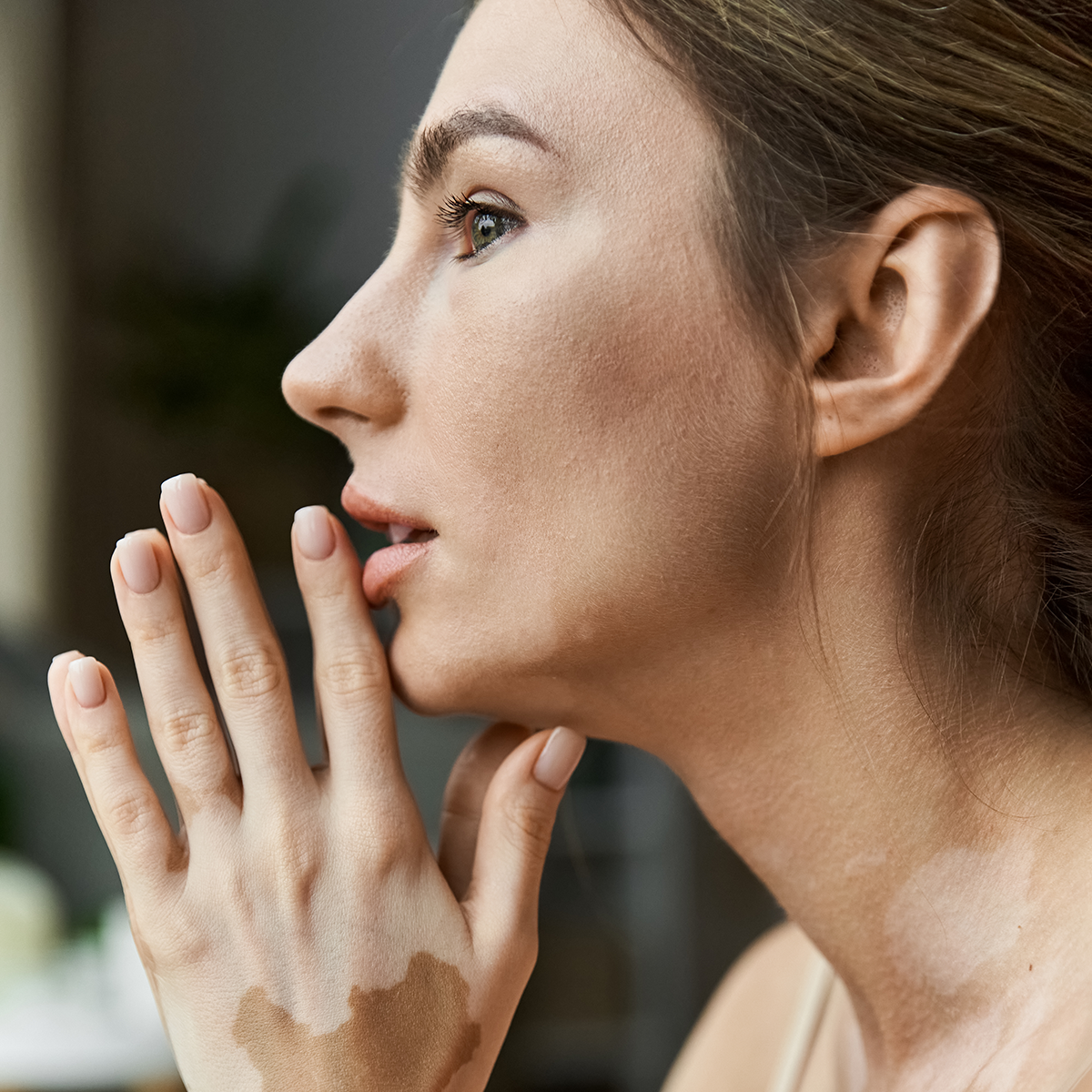10 Tips for Managing Eczema

Eczema is a common skin condition often characterized by dryness, redness, and intense itching. Behind eczema lies a combination of internal and external factors. Our modern lifestyle—filled with stress, polluted air, and sometimes nutrient-poor diets—can disrupt the delicate ecosystem of the skin.
The skin consists of three interconnected components:
1. The Skin’s Endocannabinoid System (ECS): Regulates inflammation, itching, and recovery.
2. The Skin’s Microbial Diversity: Beneficial bacteria that support the immune system and outcompete harmful microorganisms.
3. Skin Cells and Barrier Function: The outer protective layer that retains moisture and keeps unwanted substances out.
When these components fall out of balance, the skin can become extra sensitive, and eczema flare-ups may occur. Here are 10 tips to help you support your skin’s natural resilience.
1. Avoid Harsh Cleansing Products
Why It Matters:
Eczema-prone skin is often dry and sensitive, meaning harsh cleansers can worsen the situation. Stripping away the skin’s natural oils can further weaken the barrier function, causing eczema to flare up.
How to Do It:
- Choose mild, fragrance-free soaps or oils: Avoid sulfates and other irritating ingredients.
- Skip long, hot showers or baths: Opt for shorter showers with lukewarm water instead.
- Dry gently: Pat your skin dry with a soft towel rather than rubbing.
By being gentle with your skin, you help the ECS and microbiome maintain their natural balance.
2. Moisturize, Moisturize, Moisturize
Why It Matters:
Eczema skin often has a compromised barrier, allowing moisture to escape easily. This leads to even drier skin, increasing the risk of itching and cracks.
How to Do It:
- Find a moisturizer that suits you: Look for fragrance-free products with emollient ingredients that reinforce the barrier function.
- Apply right after showering: Lock in moisture by applying it while your skin is still slightly damp.
- Be generous: Moisturize thoroughly morning and evening, and during the day as needed.
A solid layer of moisture helps skin cells stay cohesive and supports the skin’s natural defenses against external stressors.
3. Care for Your Endocannabinoid System
Why It Matters:
The ECS plays a vital role in regulating inflammation and itching. When it’s out of balance, eczema symptoms can worsen and become harder to manage.
How to Do It:
- Use skincare with CBD or hemp seed oil: These ingredients are known to soothe irritated skin and reduce inflammation.
- Focus on the bigger picture: Reduce stress, get proper sleep, and eat a varied diet—all of which support the ECS.
- Avoid overstimulation: Excessive stress and poor diet can disrupt the ECS and aggravate eczema reactions.
Keeping the ECS in check makes your skin less prone to overreacting to internal and external triggers.
4. Review Your Diet
Why It Matters:
Eczema can be influenced internally, as certain foods may trigger inflammatory processes. At the same time, a nutrient-rich diet can be crucial for strengthening both the microbiome and skin barrier.
How to Do It:
- Increase omega-3 intake: Fatty fish, walnuts, and flaxseeds are rich in anti-inflammatory fatty acids.
- Antioxidant-rich foods: Fruits and vegetables help the body combat inflammation.
- Cut back on sugar and processed foods: These can spark inflammation and worsen eczema symptoms.
Remember that the skin’s microbial diversity is also affected by what you eat. More nutrients in your diet give your body and skin better conditions to thrive.
5. Avoid Overheating and Dry Air
Why It Matters:
Dry, warm air can further dehydrate the skin, heightening itching and the risk of eczema flare-ups. Additionally, sweat and overheating can irritate the skin and increase redness.
How to Do It:
- Maintain a comfortable indoor temperature: Use a humidifier if the air indoors is dry, especially during winter.
- Dress in layers: This allows you to adjust your clothing to the temperature and reduce the chance of overheating.
- Avoid sudden temperature shifts: Rapid changes between hot and cold environments can stress the skin.
By steering clear of extremely dry or warm conditions, you help your skin retain more moisture and lower the risk of irritated eczema patches.
6. Manage Stress
Why It Matters:
Just like with many other skin issues, stress can trigger eczema by raising the body’s inflammation levels and impairing the skin’s ability to repair itself.
How to Do It:
- Mindfulness and breathing exercises: Dedicate a few minutes daily to unwind, which lowers stress hormones.
- Exercise: Regular movement releases endorphins that counteract stress. Just remember to shower gently afterward.
- Sleep: Aim for 7–8 hours of quality sleep each night, as this is when your skin recovers best.
Lowering stress levels gives the ECS better conditions to regulate inflammation and itching in the skin.
7. Choose Gentle Textiles
Why It Matters:
Clothing and bedding made of synthetic or rough materials can irritate sensitive eczema skin, leading to more itching and redness.
How to Do It:
- Opt for soft, natural fabrics: Cotton and bamboo are often good choices for sensitive skin.
- Avoid strongly scented fabric softeners: Chemicals can irritate the skin, so use gentle or fragrance-free options.
- Change bedding and towels regularly: This reduces the risk of bacterial buildup that could worsen eczema.
Soft, clean textiles help preserve the skin’s microbial balance and minimize excessive irritation.
8. Use the Right Sun Protection When Needed
Why It Matters:
Moderate sun exposure is beneficial for several reasons. For instance, a lack of vitamin D (produced in the skin from sunlight) can be detrimental to both skin and overall health.
How to Do It:
- Choose gentle sunscreens: Look for products designed for sensitive skin, preferably without fragrance or harsh chemical filters.
- Avoid intense sun for long periods: Especially midday when UV radiation is strongest.
- Moisturize afterward: After a day in the sun, your skin may need extra hydration.
Take care of your skin and adjust sun exposure based on your individual eczema symptoms to avoid worsening the condition.
9. Drink Enough Water
Why It Matters:
Just as with dry skin in general, dehydration can exacerbate eczema. Water helps transport nutrients and supports the body’s detoxification processes.
How to Do It:
- Drink regularly throughout the day: Rather than chugging large amounts at once.
- Add flavor if needed: Slices of cucumber, lemon, or berries can make water more appealing.
- Adjust intake as necessary: During exercise or in warmer climates, your body may need more fluids.
A well-hydrated body generally has better conditions to keep the skin moisturized and reduce the risk of eczema flare-ups.
10. Follow a Balanced Skincare Routine
Why It Matters:
The right products can make a big difference in soothing, hydrating, and repairing eczema-prone skin. The focus should be on strengthening the skin barrier, supporting the microbiome, and balancing the ECS.
Recommended Skincare Routine for Eczema:
Morning:
1. Rinse Your Face with Cool/Lukewarm Water: Protects the skin’s natural oils and avoids dehydration.
2. The ONE Facial Oil (3–4 Drops): Rich in CBD and other calming ingredients to reduce redness and reinforce the skin barrier.
3. TA-DA Serum (1–2 Pumps): Hydrates without irritation and is packed with antioxidants to protect sensitive skin.
4. Fungtastic Mushroom Extract (2 Capsules): Supports the body’s immune system and reduces inflammation from within.
Evening:
1. Au Naturel Makeup Remover: A gentle cleanser that removes dirt and pollutants without disrupting the skin’s natural balance.
2. I LOVE Facial Oil (3–4 Drops): A nourishing, soothing oil that restores the skin barrier and combats dryness.
3. TA-DA Serum (1–2 Pumps): Further strengthens the skin’s protection and locks in moisture overnight.
Bundle Deals:
- DUO Kit (The ONE + I LOVE Facial Oil): Focuses on oil balance and calming ingredients.
- DUO Kit + TA-DA Serum: For extra hydration and nourishment to the skin’s protective layer.
Eczema is often a sign that the skin’s natural ecosystem is out of balance. By prioritizing gentle cleansing, intense moisturizing, and a lifestyle that supports both your endocannabinoid system and the skin’s microbial diversity, you can help your skin heal and prevent future flare-ups.
With these 10 tips and a carefully chosen skincare routine, you can give your skin the best conditions to feel calmer, softer, and more resilient in everyday life.




Comments